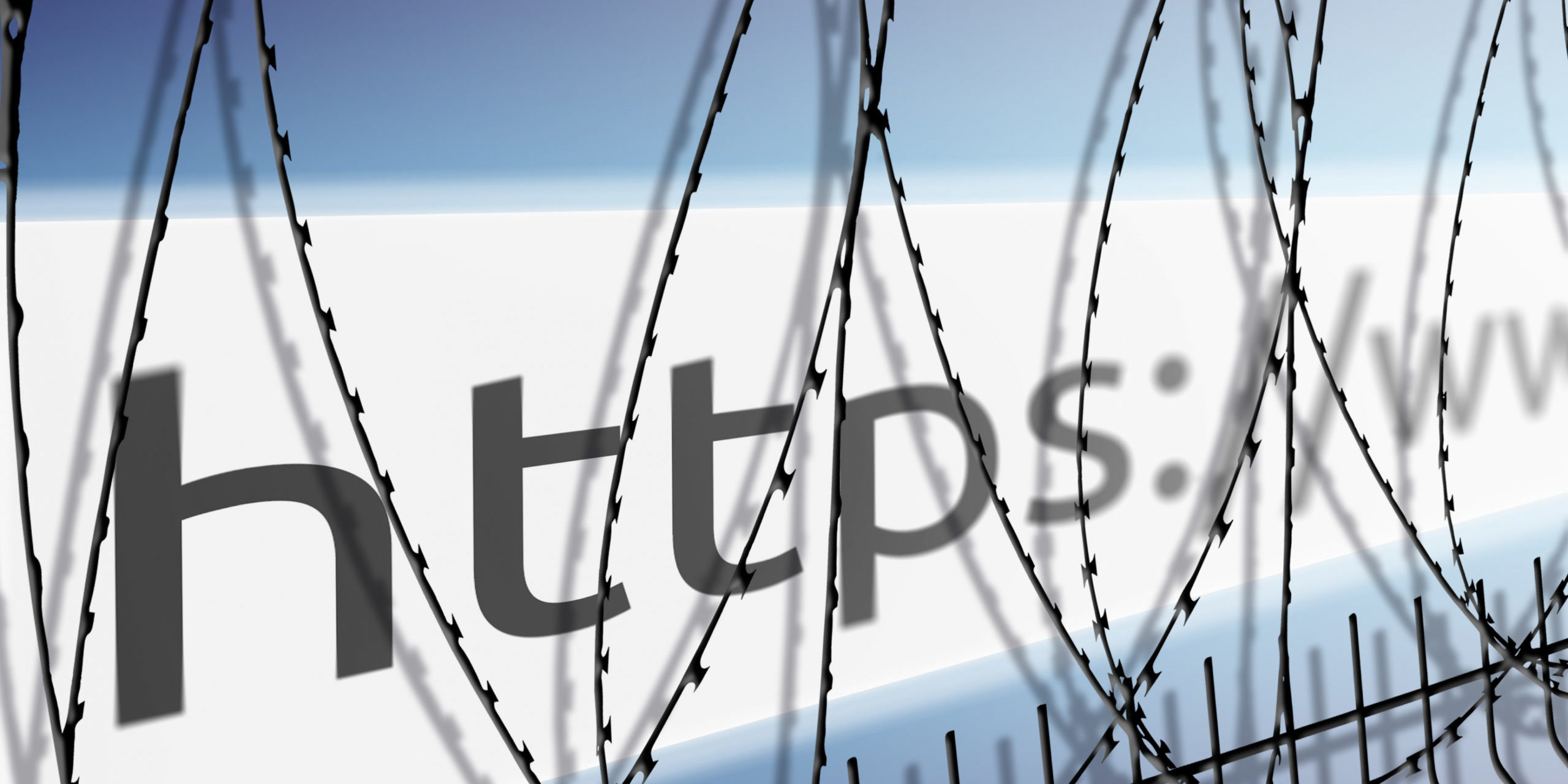Russian citizens have largely been left in the dark concerning the war in Ukraine due to the tight media controls and internet censoring that the Russian government has put into place. Millions have only been exposed to the Kremlin’s carefully-crafted narrative — a fact that has prompted citizens worldwide to begin an unusual campaign. They are texting random Russians, providing them with information about what is happening in Ukraine.
In an interesting twist, a polish group of developers called Squad303 have created a website that facilitates this effort.
1920.in Developed to Text, Call and eMail Russian Citizens
The website, 1920.in, is a bare-bones website with links to send SMS text messages, emails, WhatsApp messages, calls over the VoIP app Viber and even normal phone calls.
“Nearly 150 million Russians do not know the truth about the causes or course of the war in Ukraine….It is possible for each of us to convey a direct message to the inhabitants of this enslaved country.
“Squad303 gives you a tool that allows you to send text messages from your phones directly to randomly selected Russians… Let them know the truth. Let them know the power of the free world!”
~ 1920.in
To access 1920.in, users must wait while Cloudflare processes them through an anti-distributed denial of service (anti-DDOS) protection screen. Developers implemented this measure to combat Russian hackers whom they feared would attempt to overrun the website with excessive volumes of simulated traffic. DDOS attacks overwhelm a website, causing it to “crash” and making it inaccessible to users.
Then, once on the platform, users simply select their preferred contact method. Most are reportedly using Google Translate to translate their text messages into Russian.
The website is named 1920.in to commemorate a WWII unit of Polish pilots who joined forces with Britain’s Royal Air Force after their own nation was conquered. They continued the fight against Hitler with the UK forces.
As one of the first major global conflicts to arise since the rise of mobile apps and social media, it’s just one example of how citizens are using technology to make an impact.
The Broader Role of Internet, Technology and Russia’s War in Ukraine
Russia is known for keeping a tight lid on its news outlets, even criminalizing the reporting of “fake news” — that is, anything that conflicts with the carefully-crafted narrative that the Kremlin has released concerning the conflict in Ukraine (amongst other news items).
In fact, a new Russian law was recently introduced that would hand down a 15-year jail term to any reporter who disseminates so-called fake news concerning the “special military operation.”
Not only does Russia maintain careful control over its state-run news outlets, but it also controls the internet and what users can access. Western social media outlets such as Twitter and Facebook are only accessible to Russian citizens via virtual private networks (VPNs) which allow a user to make it appear as though they are in a different location.
On May 2, 2022, Russian President Vladimir Putin reportedly signed a law that would go into effect if Russia is disconnected from the internet completely, allowing for the implementation of a private, “Russian internet” called Runet.
The law is apparently intended to address “threats to the stable, safe and integral operation of the Russian Internet on Russian territory” with the establishment of an alternative domain name system (DNS) that would exclusively serve Russian internet service providers (ISPs). Forbes reports that “Internet service providers would be compelled to disconnect from any foreign servers, relying on Russia’s DNS instead.”
Fears of Russian Hackers Prompt CISA to Issue Warnings
U.S. officials have repeatedly indicated that cyberwar is a very real threat, prompting CISA to issue a warning to companies of all sizes.
The CISA warning indicated that, “While there are no specific or credible cyber threats to the U.S. homeland at this time, Russia’s unprovoked attack on Ukraine, which has involved cyber-attacks on Ukrainian government and critical infrastructure organizations, may impact organizations both within and beyond the region, particularly in the wake of sanctions imposed by the United States and our Allies.”
If you suspect your organization has been a victim of a Russian cyberattack, you are encouraged to contact CISA to report the incident. CISA can be contacted 24 hours a day, 7 days a week via email at central@cisa.dhs.gov or by phone at 888-282-0870.
Developing a Secure Enterprise Software Platform from the Ground Up
Some company leaders may begin addressing the aforementioned cyberattack prevention tips only to realize their enterprise software is plagued by vulnerabilities and holes. Here at 7T, we have extensive experience developing enterprise software platforms with robust, military-grade security. We’re available to work with your business to understand your unique needs from an operational and security standpoint, crafting a custom enterprise software platform that meets your exact requirements. As an innovative Dallas software and mobile app development company, 7T offers collaborative, multi-phased software development services to clients in all business sectors.
7T maintains offices in Dallas, Houston, Chicago, and Austin, but our clientele spans the globe. If you’re ready to learn more about our digital transformation solutions, contact 7T today.








